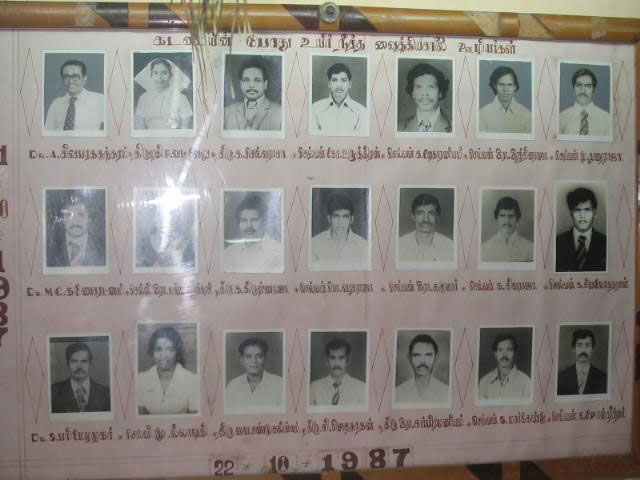Doing the right thing
Writing in the Canberra Times, retired Australian diplomat Bruce Haigh called on Australia to reject the Sri Lankan High Commissioner to Australia Admiral Thisara Samarasinghe.
Haigh, who has served as the Australian Deputy High Commissioner in Colombo, wrote as Admiral Samarasinghe, along with Sri Lanka's ambassador to the UN Palita Kohona and Sri Lankan President Mahinda Rajapakse are being investigated by the Australian Federal Police (AFP) for allegations of war crimes.
Extracts have been reproduced below.
"Receipt of the submission presents the AFP with something of a dilemma. It currently has a presence in Sri Lanka working with the Sri Lankan navy, army and police in preventing persecuted Tamils from leaving the country by boat for Australia.
The armed forces of Sri Lanka occupy traditional Tamil lands in the north. There are now emerging credible claims of rape and other abuse by members of the occupying forces against Tamil women and those old people and children that remain who are seeking to eke out a living with what few assets they have left.
The Sri Lankan police have blood on their hands, having engaged in the extra-judicial killing of Tamils. They have been involved in the murder of Sri Lankan journalists. Press freedom is all but dead in Sri Lanka."
Over the years the Sri Lankan High Commission in Australia has conducted a campaign of harassment against Sri Lankan Tamils living in Australia. They were assisted by the AFP, who saw nothing wrong in visiting and intimidating Tamils in their homes at odd hours."
"Samarasinghe, as Chief of Staff of the Sri Lankan navy, oversaw the shelling of Tamil soldiers and civilians trapped in what had been declared a safe zone at the end of the civil war. The navy then blocked attempts by the International Committee of the Red Cross to evacuate the injured, women and children from the safe zone."
"There are precedents for seeking Samarasinghe's recall. In September of this year General Jaghat Dias, who was Sri Lanka's ambassador to Germany and Switzerland, was recalled to Colombo after the Swiss Government contacted the Sri Lankan Government concerning accusations that Dias ordered troops of the 57th Division, which he commanded, to fire on civilian and hospital targets during the army's final offensive against the separatist Tamils in 2009."
See the full article here.
See our earlier posts:
'Australian police investigate Rajapakse ahead of CHOGM' (Oct 2011)
'Dias faces arrest if he returns' (Sep 2011)


